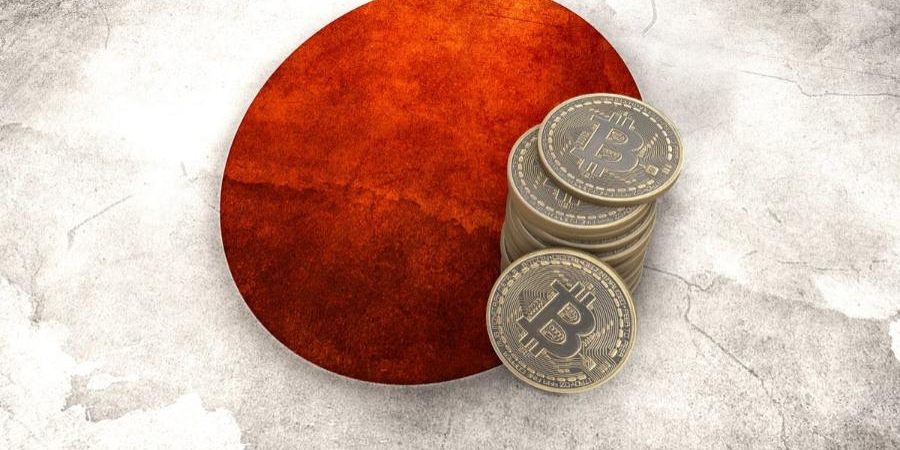Japan’s Financial Services Authority is drafting a bill to regulate the issuance of stablecoins ahead of the launch of the digital yen, which is slated for late 2022.
According to Nikkei Asia, the draft law, which will be presented by the Japanese Financial Services Agency (FSA), will spell out restrictions on the issuance of stablecoins for banks and wire transfer companies. The bill should help protect investors’ assets and reduce the risk of using stablecoins.
The crisis faced by the Chinese developer Evergrande Group has drawn attention to the issue of the stability of such cryptocurrencies. However, Tether, the largest issuer of stablecoins, said in September that the company had no debt to Evergrande.
The FSA will also tighten rules aimed at preventing money laundering, including verifying the identity of users and reporting suspicious transactions. A report by the Federal Deposit Insurance Corporation (FDIC) and the Office of the Comptroller of the United States of America (OCC) states:
“To mitigate the risks for users of stablecoins, legislation should require issuers to be insured by depository institutions, which are subject to appropriate oversight and regulation.”
The development of the bill in Japan is related, among other things, to the fact that stablecoins are a direct competitor for digital currencies of central banks. The Central Bank of Japan plans to launch the digital yen at the end of 2022. To develop the project, a committee of 74 companies was created that participated in testing the state cryptocurrency.
Last week, Takayuki Kobayashi, the country’s economic security minister, called for an accelerated launch of the central bank’s digital currency as many countries, including China, are already far ahead in this direction.







